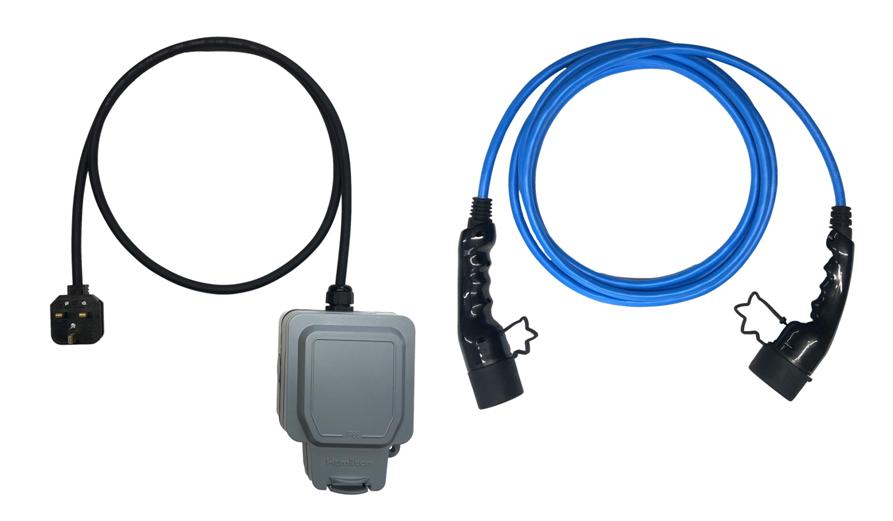Our experience in the months before out home charge point was installed, was that it was very practical relying on local 7kWh Podpoints at our Community Centre, 5 mins walk away, backed-up by some Osprey fast chargers at a nearby pub (which we used rarely). The former worked out at about 24p/kWh which was pretty good and the latter a pricier 78p. The Community Centre setup was well thought-out, with free parking Sundays and 18:00-0700 and unusually, the Podpoints charging by time, rather than kWh, so that overstays were discouraged.
But it wouldn't take much for this arrangement not to work anything like as well e.g. the PodPoints being over-subscribed, or the two Ospreys having operating problems etc. Basically, whether public charging works for you is probably highly dependent on your local situation.
Between them, the Electroverse, ABRP and PodPoint apps showed up most of my local public charge points. But none showed all of them, especially a couple of 2-bay installations in nearby new build flats.
Since then, Shell have installed a 9-bay fast charge facility at their garage 5 mins drive away, and Sainsbury’s have installed an 8-bay fast charge facility at our nearest superstore. Both are relatively expensive but a welcome addition to local capacity.





